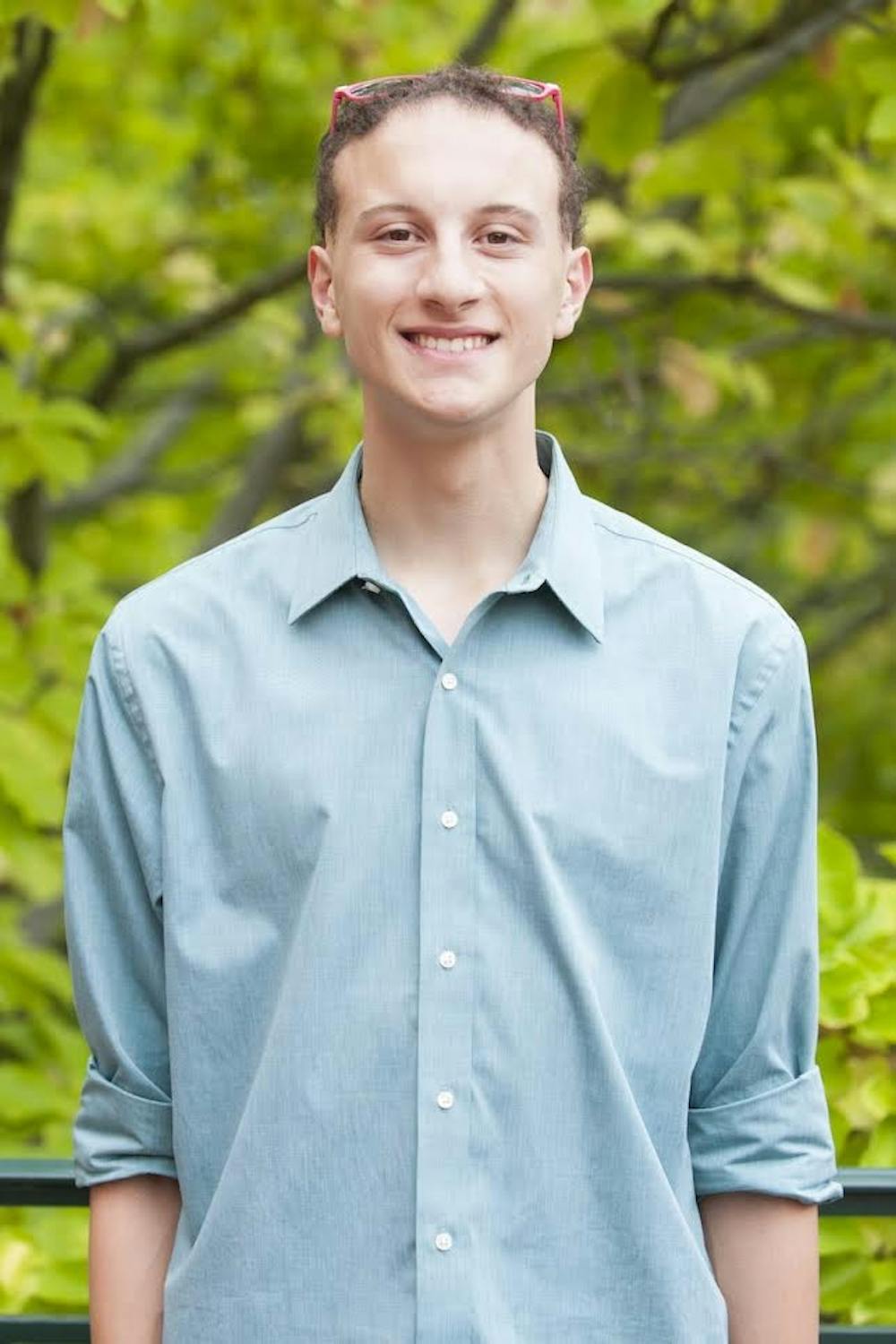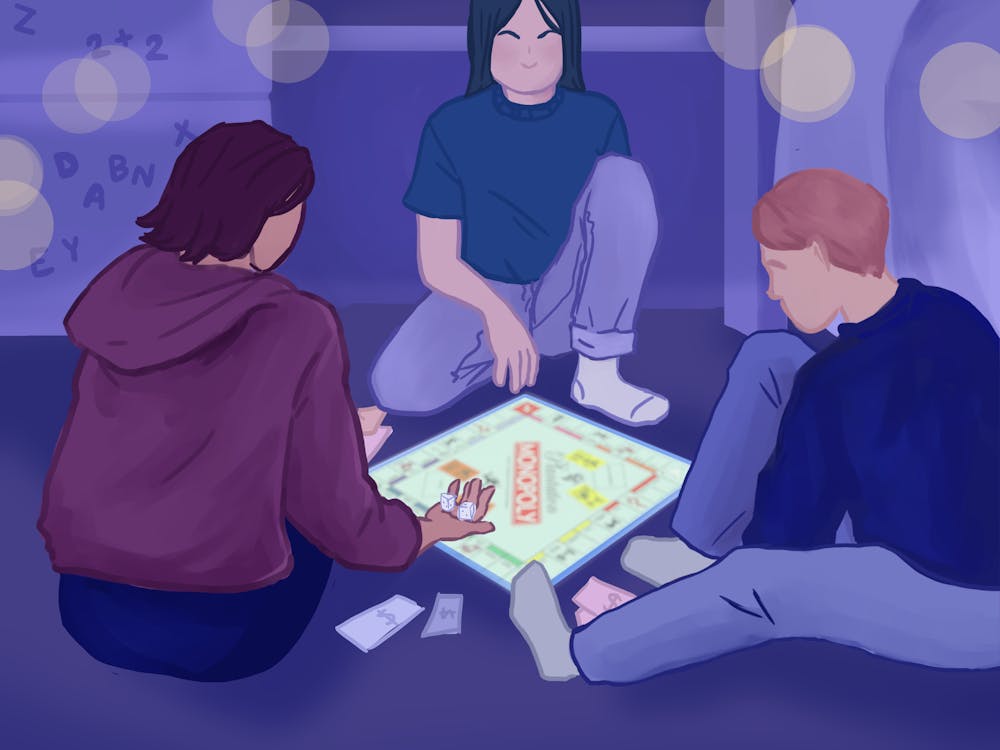Skepticism and doubt can be just as healthy as optimism. Never has this been more apparent to me than last summer, when I received a phone call from the National Alopecia Areata Foundation saying a cure for alopecia was close at hand.
For those unaware, alopecia is an autoimmune disease which leads to hair loss. The condition affects less than 0.1 percent of humans, so it usually gets little to no attention from researchers and pharmaceutical companies. No cure exists, and although treatments are available, they are often unsuccessful.
I have had alopecia for the better part of seven years. Through this time, I have developed a good relationship with NAAF. The foundation was looking to provide news outlets with quotes from patients, and they asked how the cure made me feel. I replied honestly, saying I would of course be happy if a cure was found, but I had no expectation of this supposed cure panning out.
My skepticism comes not from a lack of faith in the researchers, but from a personal standard of self-worth. When I first began losing my hair, I naively imagined I would get all of it back in a few short months. I accepted the first treatment, and when this proved unsuccessful, I moved on to the next. Even after each failure, I hoped the next treatment would be the one to get my hair back.
Eventually I exhausted my options — there were no treatments left. At first, I was utterly crushed because I had never imagined the possibility of not getting my hair back. I knew there were people far worse off than I was — losing your hair isn’t the end of the world — but it’s painful to be told you can’t do something. Your world becomes a little bit smaller and the illusion that anything is possible fades away.
However, facing this sadness helped me truly come to terms with my alopecia. I could let the condition define me or I could define myself. Cue Batman in his raspy voice: “It's not who I am underneath... but what I do... that defines me.”
After learning there were no more treatments available, I became a lot stronger and started thinking more about how I acted rather than how I looked. Herein lies the source of my skepticism — by being realistic about every new treatment, I remember that my hair, or lack thereof, has no impact on who I am. In addition, skepticism safeguards me against inevitable disappointment when a treatment doesn’t work.
My hair comes and goes and I can’t control it, so I don’t let it bother me. Whenever I meet someone with alopecia, I tell them the same thing: don’t let how you look determine who you are. Just as I can’t control how much hair I have, I can’t control what others think when they see my baldness. If obsessing over treatments is a pitfall, then worrying about other people’s judgments is the Grand Canyon. People’s first impression of me will invariably be “the bald guy,” but I know I am more than just “the bald guy,” and I prove it through my actions.
Maybe the new treatment NAAF told me about really is a cure for alopecia. However, I can truthfully say I don’t need it, because I’m exactly the person I choose to be — whether I have hair or not.
John’s column runs biweekly Fridays. He can be reached at j.benenati@cavalierdaily.com.





